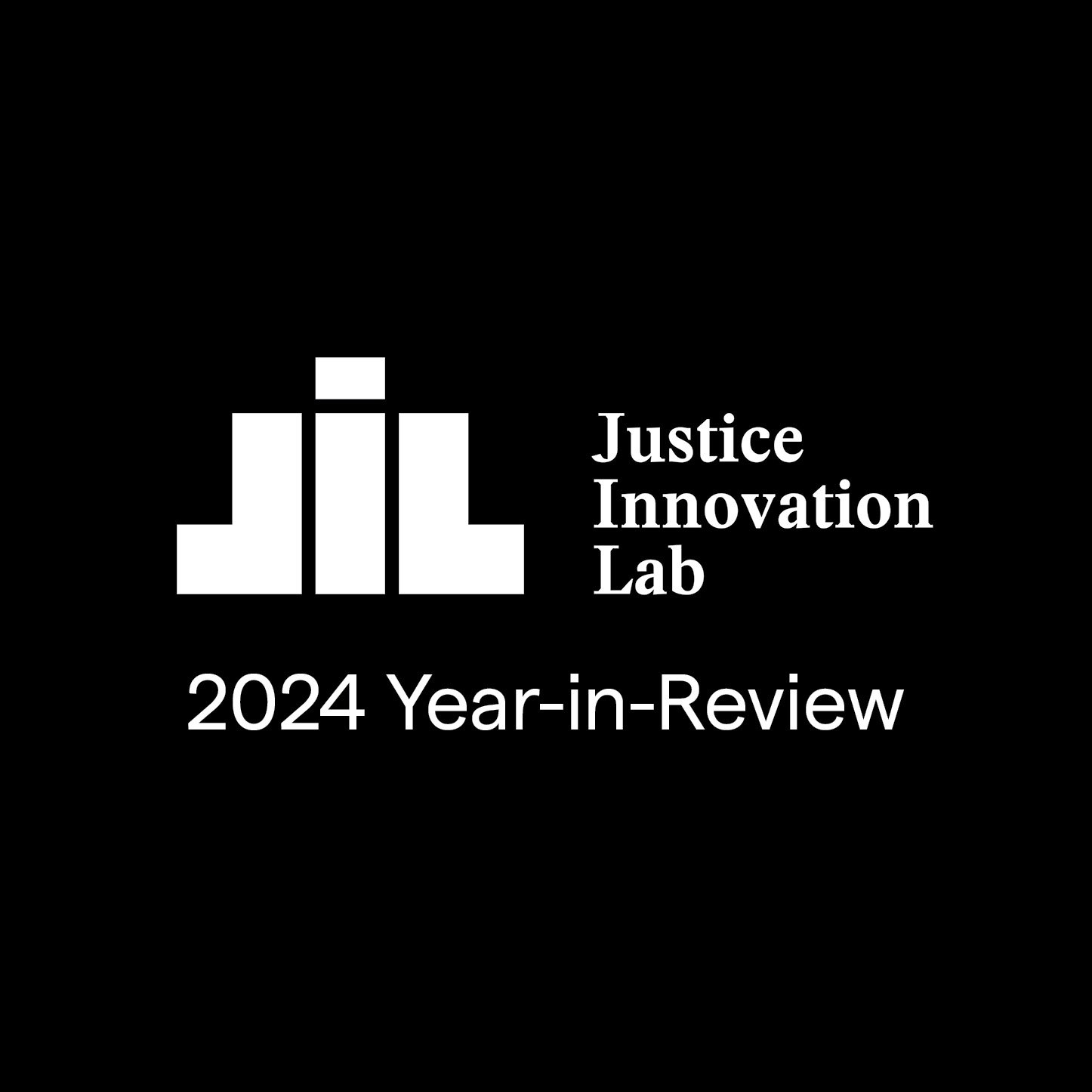JIL and GW Law launch a first-of-its-kind partnership: JIL@GW
By Kelli L. Ross
Justice Innovation Lab (JIL) and The George Washington University Law School have launched a first-of-its-kind partnership – JIL@GW – in which students work with practitioners to help solve some of the justice system’s most pressing and complex problems. JIL@GW is led by GW Law Professor Donald Braman and JIL Executive Director Jared Fishman.
“JIL@GW gives law students an opportunity to understand how the criminal legal system really functions, and more importantly, it allows them to work on projects that can actually make the justice system more fair,” Fishman said.
JIL uses data to identify sources of racial and ethnic disparities in jurisdictions, and then works collaboratively with practitioners to design solutions. JIL’s work has helped prosecutors quickly and accurately identify and remove cases that should not be in the justice system, saving impacted individuals from the hardship of having pending cases, while allowing prosecutors to focus their time on cases with public safety implications. To date, this work has impacted over a thousand cases.
JIL@GW is one of five seed grant projects for the Equity Institute Initiative, a cross-disciplinary group of George Washington University faculty dedicated to supporting community-engaged research that reduces racial, ethnic, and socioeconomic inequality in the United States and worldwide.
“The Equity Institute is pleased to serve as the first of many law schools that will partner with Justice Innovation Lab,” said Dayna Bowen Matthew, Dean and Harold H. Greene Professor of Law at George Washington Law School. “The primary goal of JIL@GW Law is to engage GW Law students and faculty in creating, disseminating, and implementing innovative policies to reduce racial disparities throughout the American criminal legal system.”
JIL@GW will be a model for other Justice Innovation Lab partnerships at academic institutions around the nation.
“Jared told me he knew prosecutors wanted to tackle racial disparities head-on, and that students should help them do it,” Braman said. “It’s impossible to say no to an idea that good. Students learn how systems really work, and how to tackle really big problems as part of an interdisciplinary team. It’s the kind of transformative, real-world work that makes everyone involved want to do their very best. It’s also a tangible-results model of learning that aligns with GW Law’s mission and commitment to equity. This is a uniquely GW course – it isn’t happening anywhere else – and I feel very proud and lucky to be part of it.”
JIL began its data-focused project in Charleston, South Carolina, in late 2020. This spring, they will launch similar projects in Minnesota and Georgia.



